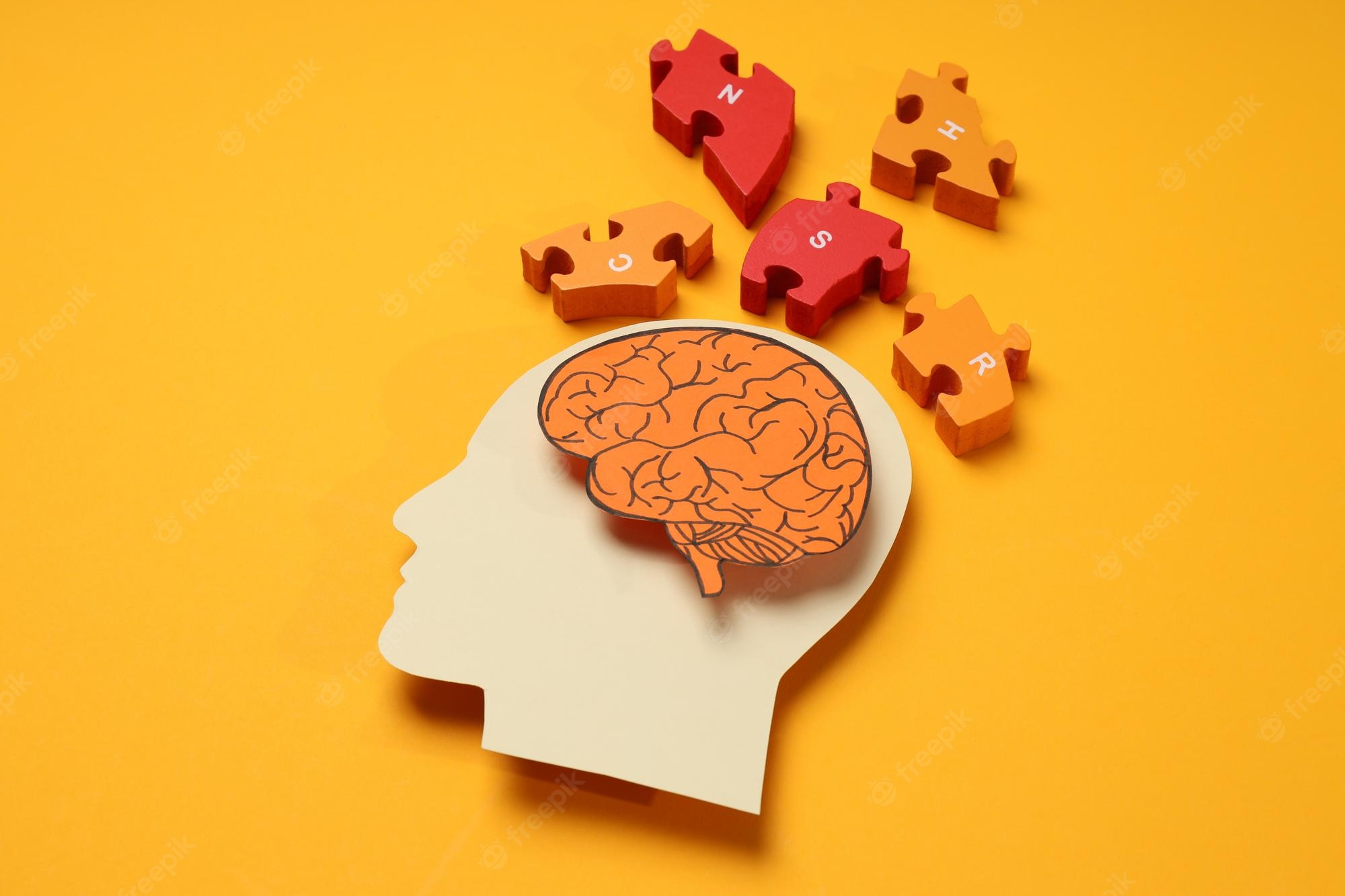Breathing patterns and how they can impact your brain.
Breathing has the power to affect your entire body, mind and even your emotions. Through breathing techniques like diaphragmatic breathing and other practices you can improve concentration, remove stress and create a more relaxed state of mind.
What is breathwork?
Breathwork, is a common technique used by therapists, including bodyworkers and yoga instructors. It can be used with clients to help them get rid of stress and anxiety, or just to relax. People who breathe correctly report feeling more relaxed and alert than their counterparts who breathe incorrectly.
Breathing and the brain are closely connected through the respiratory control center in the brainstem, which regulates the rate and depth of breathing. The respiratory control center in the brainstem is responsible for regulating the rate and depth of breathing. It receives input from several sources, including the carbon dioxide and oxygen levels in the blood, as well as signals from other parts of the brain such as the cerebral cortex and the hypothalamus. This center then sends signals to the muscles involved in breathing, including the diaphragm and the intercostal muscles, to adjust the rate and depth of breathing in response to changes in the body’s needs.
What does research say about breathwork?
Research has also shown that specific breathing patterns can affect brain activity and alter states of consciousness, such as with the practice of pranayama in yoga or the use of the “4-7-8” breathing technique to promote relaxation. Additionally, research has shown that slow, deep breathing can change the levels of certain brain chemicals, such as norepinephrine, that can affect mood and cognitive function.
The practice of pranayama in yoga, which involves controlled breathing techniques, has been shown to increase activity in the prefrontal cortex and decrease activity in the default mode network, which is associated with mind-wandering and self-referential thoughts.
Additionally, specific breathing techniques such as “4-7-8” breathing, which involves inhaling for a count of 4, holding the breath for a count of 7, and exhaling for a count of 8, has been shown to promote relaxation by reducing heart rate and blood pressure, and decreasing activity in the sympathetic nervous system.
Furthermore, slow, deep breathing has been shown to change the levels of certain brain chemicals. It is known as Norepinephrine is a neurotransmitter that plays a role in the body’s stress response, and increasing its levels through deep breathing can help to improve focus, concentration, and overall well-being.
Breathwork, or the practice of utilizing specific breathing techniques to affect the mind and body, can be an effective way to maintain overall brain health.
Here are a few ways that breathwork can benefit the brain:
- Reducing stress.
Controlled breathing exercises, such as the 4-7-8 technique, have been found to lower levels of the stress hormone cortisol and increase activity in the parasympathetic nervous system. This can lead to a reduction in feelings of stress and anxiety, and an overall improvement in mood. When you practice controlled breathing, it sends a signal to your body to relax, which can activate the parasympathetic nervous system to reduce the heart rate and blood pressure, slowing down the breathing rate. - Improving mood.
As mentioned earlier, specific breathing techniques can also change the levels of certain brain chemicals, such as norepinephrine, that can affect mood. Slow, deep breathing can increase the production of norepinephrine, which can help to improve focus, concentration, and overall well-being. Breathwork has been found to increase the release of endorphins, the body’s natural mood-boosting chemicals. Endorphins are released during physical activity and also during deep breathing, which can lead to an overall improvement in mood and a reduction in feelings of depression and anxiety. - Enhancing cognitive function.
Research has found that specific breathing techniques can increase activity in the prefrontal cortex, which is associated with higher-level cognitive functions such as decision making and planning. Breathwork has been found to improve attention and cognitive performance. This is likely due to the increase in oxygen flow to the brain during controlled breathing exercises, which can help to increase blood flow to the brain, and reduce mental chatter. When you practice breathwork, you focus on your breath, it helps you to get out of the mind and into the body which leads to reduction of mental chatter, allowing you to focus better. - Improving sleep.
Breathwork can also help to improve the quality of sleep by reducing insomnia. Controlled breathing exercises have been found to improve sleep quality by reducing insomnia and promoting relaxation. When you are relaxed and calm, your body naturally wants to sleep. Controlled breathing exercises, such as the 4-7-8 technique, can help to reduce feelings of stress and anxiety, making it easier to fall asleep and stay asleep.
In summary, the brain and breathing are closely connected, with the brainstem regulating the rate and depth of breathing, specific breathing patterns can affect brain activity and alter states of consciousness, slow, deep breathing can change the levels of certain brain chemicals which can affect mood and cognitive function.
“Your path to inner calm is now open. Sign up an get instant access to my free Masterclass and reclaim your peace through 5 guided breathwork sessions tailored to fit your life. Start your journey toward clarity today.”


